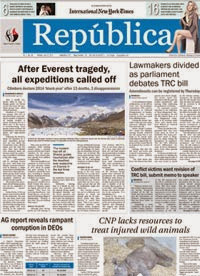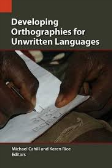[MLE] Odhisa Expands MLE program till class V
Last Month the government of Odisha made a significant move in the expansion of the multilingual education program. The Times of India reports: "In a bid to extend the mother-tongue based Multilingual Education Programme (MLE), the state government has decided to use mother tongues as medium of instruction for the first five years in primary schools. In these classes, Odia will be taught as the second language from Class II and English will be introduced as a language subject from Class III." Usha Padhee, secretary, school and mass education department, Government of Odisha affirms the long-term benefits of multilingual education. It seems that the Odisha government is the first one to take the education in the Mothertongue really serious. Mr Usha Padhee, secretary, school and mass education department states: "Continuing primary education for the first five years of school in the mother tongue will have several long-term benefits like sustained a...


